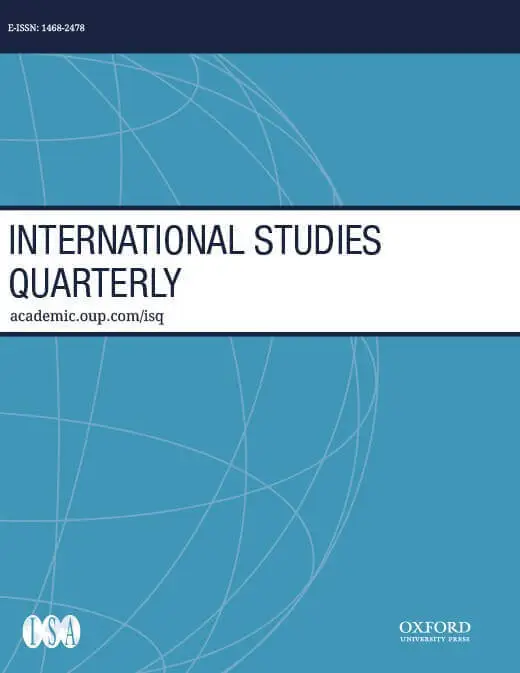
China’s Belt and Road Initiative (BRI) has two interconnected goals: increasing China’s diplomatic clout and expanding the presence of Chinese companies overseas. However, contrary to the intuitive notion that good diplomacy creates economic opportunities, we argue that when the partner country is a democracy, these goals conflict. First, we hypothesize and quantitatively uncover a negative relationship between host state democratic institutions and infrastructure contracts won by Chinese firms overseas. Second, we test whether host states’ joining the BRI affects contract volumes. Our results indicate that in states with more democratic institutions, host government joining of the BRI is negatively associated with infrastructure contracts for Chinese companies, pointing to blowback in democracies against the BRI. This study contributes to understanding the complex relationship between diplomacy and commerce, the domestic politics of foreign countries in shaping Chinese foreign policy, and the factors driving China’s overseas infrastructure contracting.
Andrea Ghiselli (ChinaMed, T.wai & University of Exeter) and Pippa Morgan (Duke Kunshan University) are authors of the article “Blowback: when China’s Belt and Road Initiative meets democratic institutions” published in the International Studies Quarterly (Volume 69, Issue 1, March 2025).


Corso Valdocco 2, 10122 Torino, Italy
Sede legale: Galleria S. Federico 16, 10121 Torino
Copyright © 2026. Torino World Affairs Institute All rights reserved
